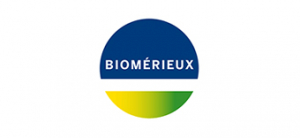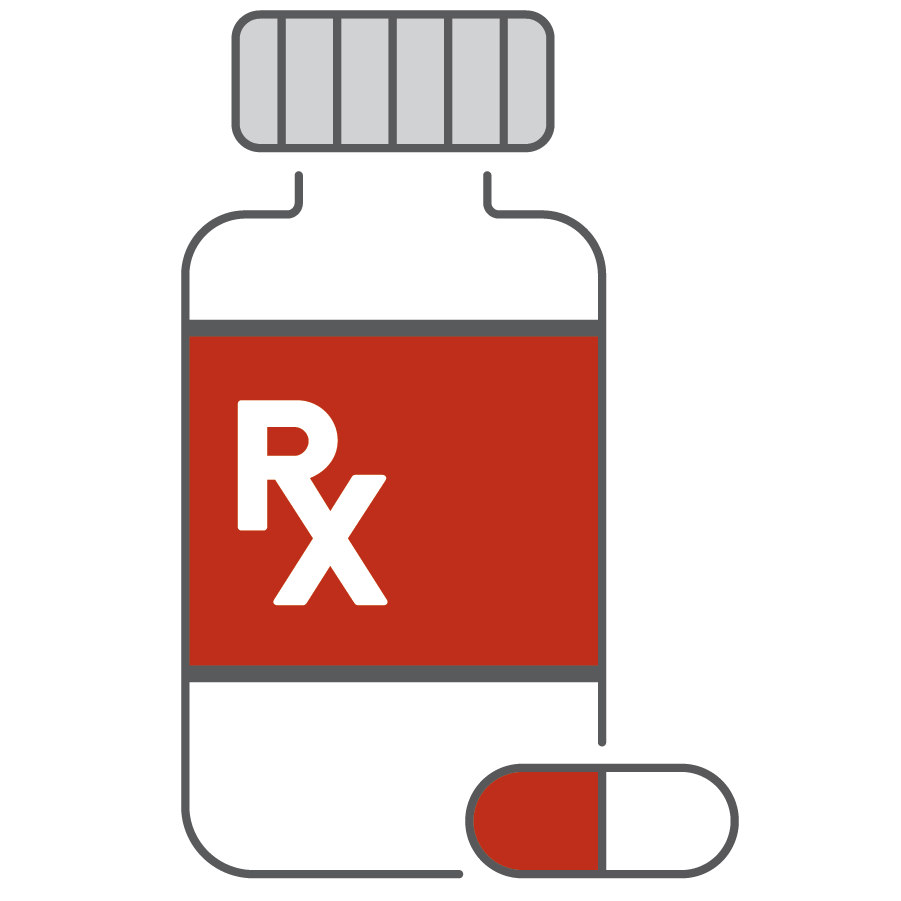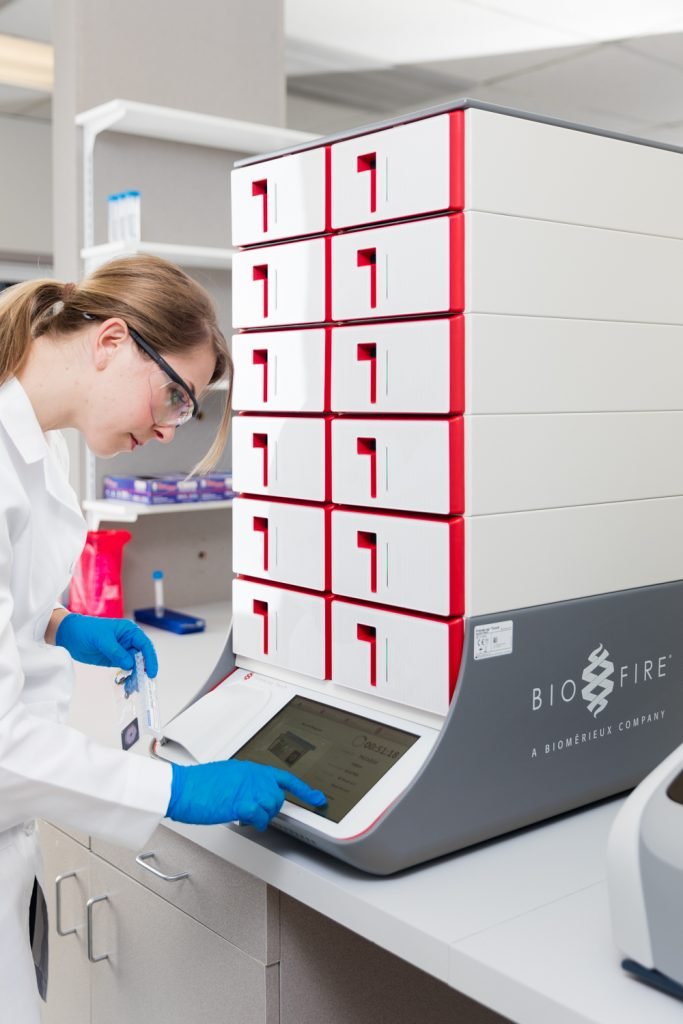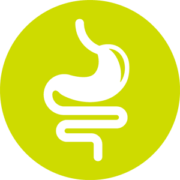Common laboratory testing methods
The strains of C. difficile most associated with symptomatic illness produce two exotoxins: toxin A and toxin B. That’s why many of the gastrointestinal testing options for C. difficile target one or both of those toxins.
Traditional stool culture for C. difficile is highly sensitive; however, this method comes with several drawbacks. First, it is extremely labor intensive and time consuming, with results taking 48 – 96 hours. Second, stool culture can lead to false positives when it detects non-toxigenic strains. To avoid this, isolates of toxin production can be tested. Finally, C. difficile toxin is very unstable and degrades at room temperature, meaning false negatives can occur if specimens are not stored properly and tested promptly.
Antigen testing is a rapid test that detects the presence of C. difficile antigen. However, antigen tests are nonspecific and are often used in combination with another test for the presence of toxins. For example, tissue culture cytotoxicity assays detect toxin B. This test is expensive, time consuming (24 – 48 hours), and requires technical expertise to perform.
A faster and easier toxin test is the enzyme immunoassay, which most often targets toxin B or a combination of toxin A and toxin B. In general, these assays are less sensitive than tissue culture cytotoxicity or toxigenic culture—and much less sensitive than molecular PCR testing.









